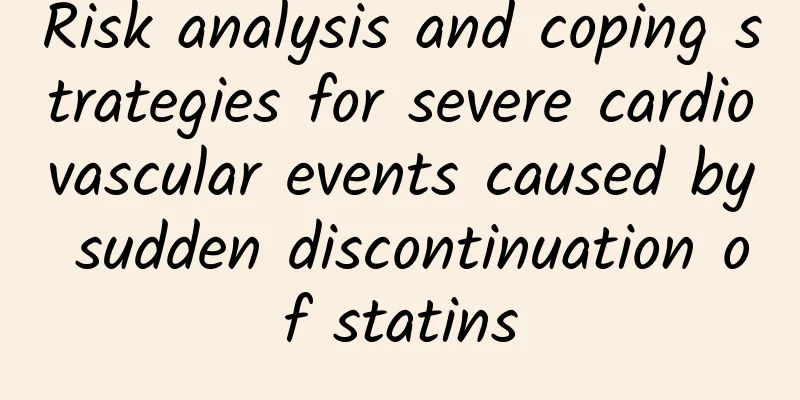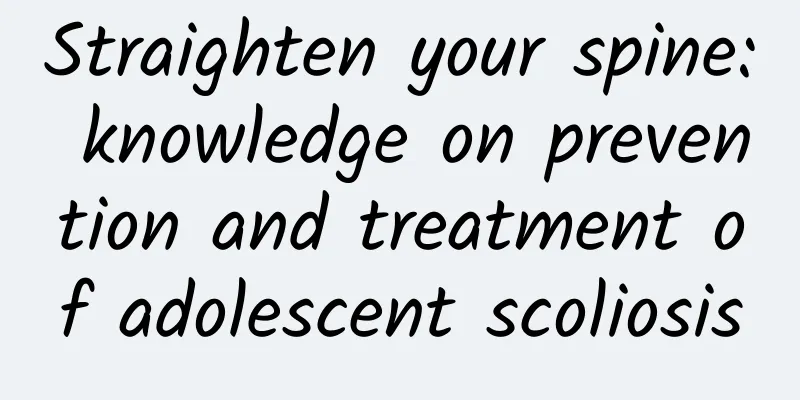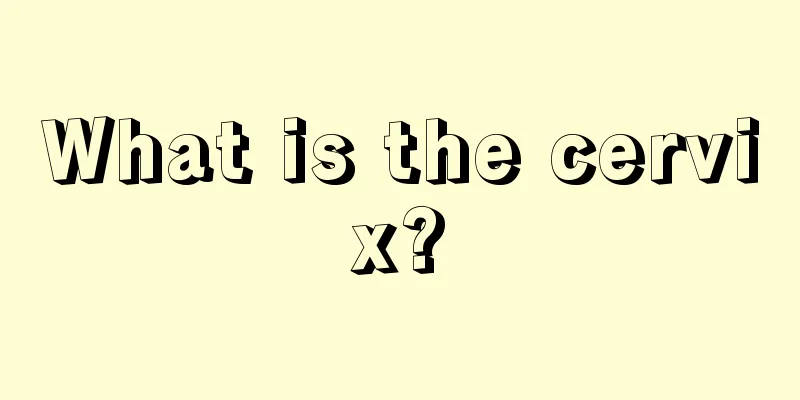Risk analysis and coping strategies for severe cardiovascular events caused by sudden discontinuation of statins

|
Statins are core drugs for lowering low-density lipoprotein cholesterol (LDL-C) and stabilizing atherosclerotic plaques, and are widely used in the primary and secondary prevention of cardiovascular diseases. However, if the drug is suddenly discontinued without medical advice, it may lead to a rapid rebound in cholesterol levels, plaque instability, and significantly increase the risk of acute cardiovascular events such as myocardial infarction. A meta-analysis involving 120,000 patients showed that the risk of all-cause mortality in patients with myocardial infarction who discontinued statins increased by 25% within 1 year (Circulation, 2018). This is more prominent in high-risk groups (those with previous myocardial infarction and coronary stent implantation), which may be related to the lack of statin protection after plaque rupture. The following is a systematic explanation of the mechanism and treatment strategy. 1. Reasons Statins reduce cholesterol synthesis in the body by inhibiting the activity of cholesterol synthase, thereby lowering blood lipid levels. Long-term use of statins can stabilize vascular plaques, prevent thrombosis, and reduce the risk of cardiovascular events. However, sudden discontinuation of statins can cause cholesterol levels to rebound, and vascular plaques lose stability, easily fall off, form thrombi, and then cause myocardial infarction. 2. Mechanism 1. The “rebound effect” of cholesterol metabolism Statins reduce the synthesis of cholesterol in the liver by inhibiting the activity of HMG-CoA reductase. When statins are suddenly discontinued, the enzyme activity recovers rapidly, resulting in a surge in cholesterol synthesis. LDL-C levels may rise to pre-treatment levels or even higher within a few weeks, accelerating the progression of atherosclerosis. 2. Vascular plaque instability Loss of plaque stability and inflammatory activation Statins not only lower lipids, but also have anti-inflammatory and endothelial function-improving effects, and can stabilize vulnerable plaques with thin fibrous caps. After drug withdrawal, the local inflammatory response of the plaque intensifies, the fibrous cap becomes thinner, and the risk of rupture increases. 3. Imbalance in the coagulation system Statins mildly inhibit platelet aggregation and improve fibrinolytic function. Sudden discontinuation of the drug may lead to increased platelet activity and hypercoagulable state of blood, which, together with plaque rupture, may induce thrombosis, ultimately leading to acute occlusion of the coronary artery, myocardial ischemia, hypoxia, and ultimately myocardial infarction. 3. Intervention strategies for sudden myocardial infarction 1. Acute phase treatment Reperfusion therapy: Percutaneous coronary intervention (PCI): Angiography and stent placement within the golden time window are the preferred choice. Thrombolytic therapy: Suitable for ST-segment elevation myocardial infarction (STEMI) when PCI cannot be performed in time. Drug combination regimen: ① Dual antiplatelet therapy (aspirin + ticagrelor/clopidogrel) ② Anticoagulation (low molecular weight heparin), beta-blockers, and statin intensive treatment (such as atorvastatin 80 mg/d). 2. Long-term management Restart statin therapy and monitor: adjust the dose according to the LDL-C target value (e.g., <1.4 mmol/L for patients with coronary heart disease), and pay attention to liver function and muscle enzyme monitoring. Combined lipid-lowering strategy: If statins alone are not effective enough, ezetimibe or PCSK9 inhibitors can be used in combination. Control complications: Strengthen the management of blood pressure (<130/80 mmHg) and blood sugar (HbA1c <7%). 3. Patient education and compliance improvement Inform the patient of the risks of discontinuation of medication: clearly inform the patient that statins need to be taken for a long time, and that stopping the medication without authorization may offset the previous cardiovascular protective effects. In short, sudden discontinuation of statins may cause serious cardiovascular events such as myocardial infarction. Therefore, during the use of statins, you should strictly follow the advice of your doctor and pharmacist, and do not stop or change the medication plan at will. If you need to stop the medication for special reasons, you should first consult your doctor and make adjustments according to the doctor's advice. At the same time, you should pay attention to controlling other cardiovascular risk factors, improving your lifestyle, and preventing and treating the occurrence of cardiovascular events such as myocardial infarction. |
Recommend
Pregnant women have dry mouth when sleeping
Pregnant women will feel dry mouth and tongue whe...
When is the long-term contraceptive pill effective?
Many women who do not want to choose contraceptiv...
I was found to be pregnant and I was bleeding
If you go to the hospital for a check-up and find...
What to drink in late pregnancy to soften the cervix
A hard cervix will affect a woman's natural c...
How much is a DQ starfish berry mixing bowl? Is the DQ starfish berry mixing bowl delicious? How does it taste?
DQ has launched many mixing bowls this year, and ...
Is it normal to delay your period by three days?
If the menstrual period is delayed for three days...
How much is the price of cervical erosion
Cervical erosion is a very common disease, and it...
Is it easy to have a vaginal birth with an anterior uterus?
After pregnancy, many mothers choose to give birt...
Women's blood supplements are indispensable to the "Four Famous Supplements"
1. Shiquan Dabu Soup: The best way to relieve fat...
Attention, people with gout! The key to preventing tophi is to do these 8 things
1. What are tophi? Gout is a chronic granuloma-li...
What are the nutritional values of siomai? How to make siomai
Shaomai is a snack that many friends often choose...
Uncovering the secret of the "troublemaker" in the uterus - uterine fibroids
The physical examination report came out these da...
Methods of measuring heart rate
Methods of measuring heart rate In daily life and...
Digging the root | Will having intimate relations with an AIDS patient definitely lead to infection? Can you donate blood when HIV is not detected in the blood?
gossip The pathogen of AIDS is HIV (human immunod...
Learn the strategies to keep warm and don't let "chronic stomach problems" take advantage of you
Whenever winter comes, cardiovascular and cerebro...









